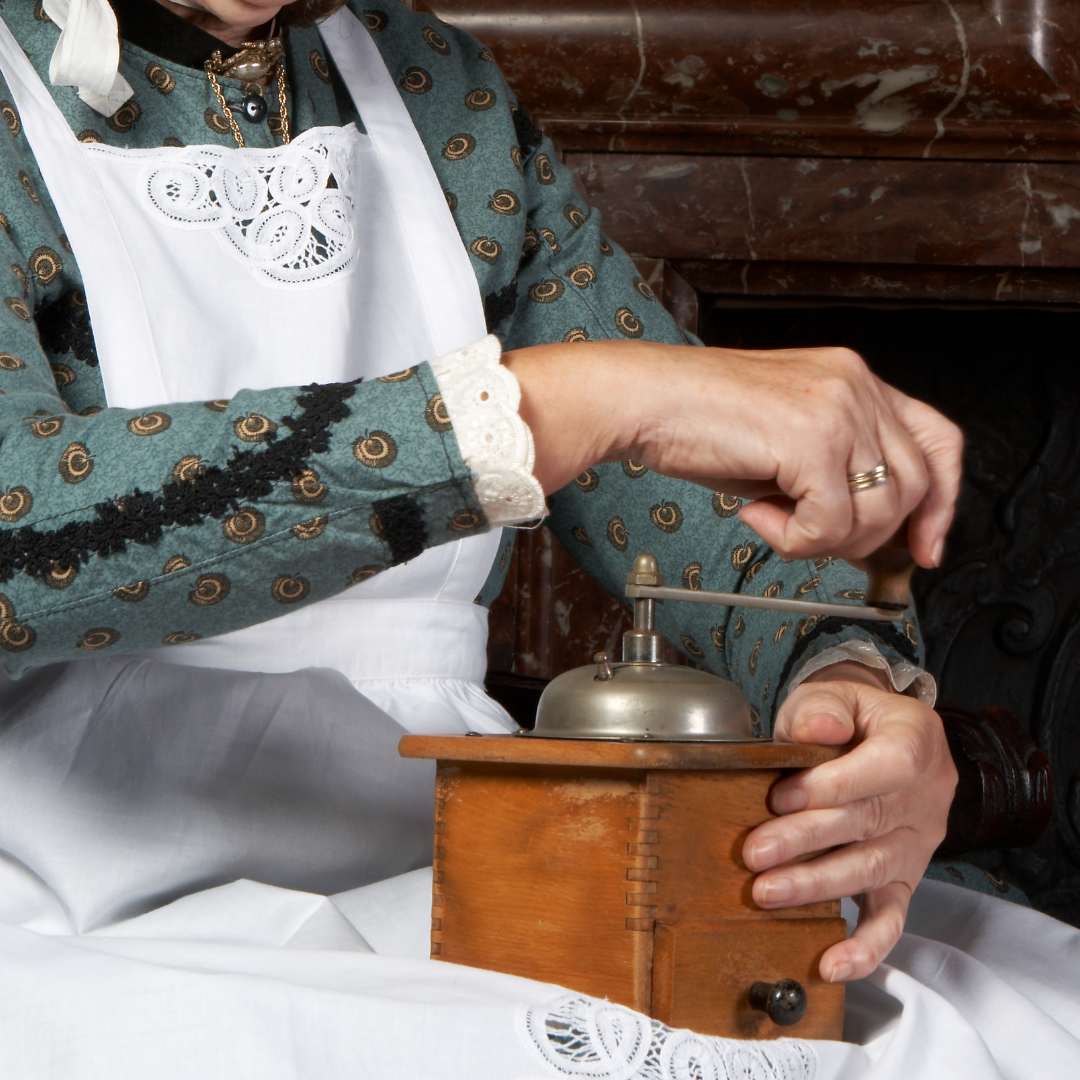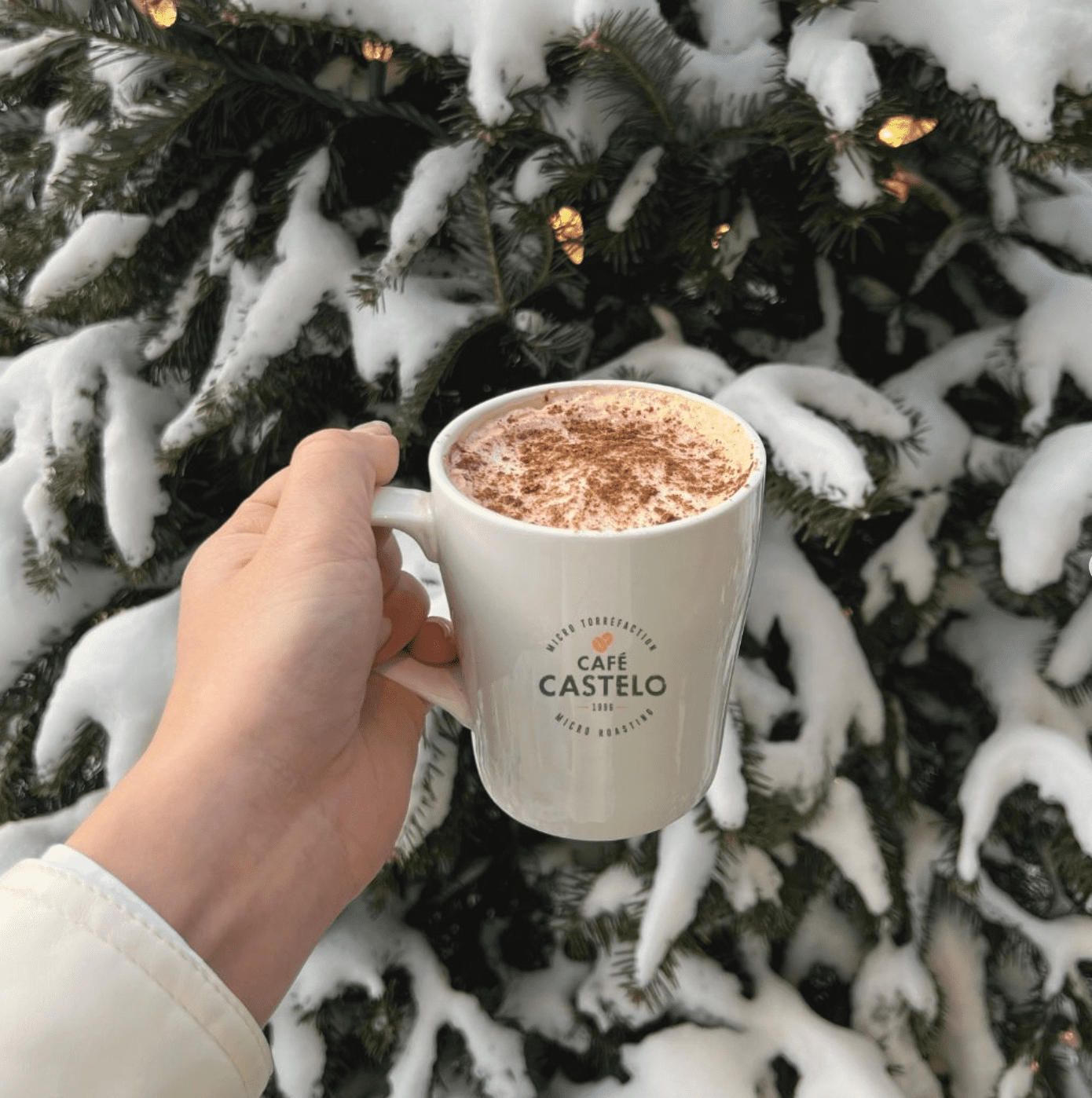
When coffee verges on the forbidden: historical controversies
Coffee, that dark beverage that awakens spirits and stimulates conversation, has not always been welcomed with open arms. In the training our employees receive when they start at Café Castelo, there's a historical component to understand that coffee has also been a historical player. Throughout history, coffee has often been at the center of heated controversy, bordering on prohibition in many cultures and religions. This article explores the key moments when coffee was almost banned, revealing how it has come through these trials to become an integral part of our global daily lives.
Coffee and Islam in the 16th century
Introduced to the Islamic world in the 14th century, coffee quickly gained popularity as a stimulant, becoming a rival to wine, forbidden by Islam. In Mecca, coffee quickly became the subject of intense religious debate. In 1511, the authorities, fearing that coffee was also intoxicating and that cafés would encourage dissent, banned the drink. However, this ban was quickly lifted after scholars at the court of Mecca argued in favor of coffee's social and medicinal virtues.
Coffee in Europe and religious debates
When coffee reached Europe in the 17th century, it was greeted with similar suspicion. Ecclesiastical authorities often referred to it as "the devil's drink" due to its Muslim origins. Legend has it that Pope Clement VIII, after being asked to condemn this foreign drink, decided to try it himself before delivering his verdict. Charmed by its taste, he declared that coffee was so delicious that it would be a pity to leave it only to infidels, thus giving his blessing to its use among Christians. According to legend, he wanted to have the coffee baptized.
Coffee bans in the Ottoman Empire
Within the Ottoman Empire, coffee also experienced its share of restrictions. Sultan Murad IV, in the 17th century, banned coffee and cafés, seeing them as places for political debate and non-conformist behavior. The secret police were charged with patrolling the streets and punishing anyone found drinking coffee, sometimes brutally.
Coffee and social movements
Beyond prohibitions, the café served as a catalyst for intellectual and social movements in Europe. The cafés of Paris, London and Vienna were gathering places for philosophers, writers and politicians to discuss the ideas that would shape modern Europe. During Iluminism and right up to the French Revolution, the café was a symbol of free thought and rebellion against established authority.
Despite controversies and temporary bans, coffee has managed to establish itself as a global beverage, a symbol of conviviality and intellectual sharing. From its controversial origins in the deserts of Arabia to its ubiquitous presence on the streets of the world's major metropolises, coffee continues to break down barriers, inspire minds and unite people. For Café Castelo, coffee has played a central role in our history. More than just a family business, it was coffee that gave us a fresh start when we arrived as war refugees in this new country. This emblematic beverage forged indelible links between our destiny and that of the Quebec population, bringing a piece of our "home" to this corner of the world. For us, coffee is much more than a tradition; it's a symbol of resilience and community.


Leave a comment
This site is protected by hCaptcha, and hCaptcha's Privacy Policy and Terms of Service apply.